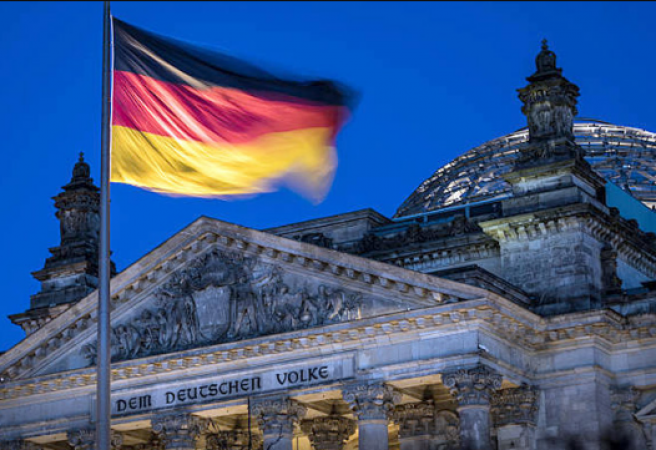
Berlin: The German Council of Economic Experts (GCEE) has cautioned that if financial market risks outweigh monetary policy measures, inflation in the nation could increase or stay higher than anticipated.
The German economy will continue to be hampered this year by high inflation, according to a report from the five-member council. The GCEE projects an average inflation rate of 6.6% for 2023 and noted that, despite having peaked in the fall of 2022, inflation is still very high and is expected to decline very gradually.
Martin Werding, a council member, stated on Wednesday that inflation is becoming more widespread. The consumer price inflation is likely to continue well into the following year due to higher producer prices and anticipated wage increases.
Also Read: US Federal hikes interest rate again in fight against high inflation
Germany's inflation rate is only expected to decrease noticeably to 3.0% by 2024.
The short-term outlook for the German economy has reportedly improved slightly since autumn 2022, but things are still tense. The main economic burden in Germany and the majority of other euro area members continues to be the loss of purchasing power brought on by inflation, according to the council.
German GDP is anticipated to grow by 0.2% in 2023 and by 1.3% in 2024, according to the GCEE.
Also Read: Indian Railways lowers fare of AC-3 tier economy ticket
Monika Schnitzer, the council's chair, stated that "the loss of purchasing power due to inflation, tighter financing conditions, and the slow recovery of foreign demand prevent a stronger upswing this year and next."
The GCEE emphasised that it has become more challenging for central banks to fight inflation as a result of the high level of market uncertainty in recent weeks.
The annual inflation rate in Germany was confirmed at 8.7% in February 2023, well above the ECB's target of around 2% and not far from a peak of 8.8% seen in October and November. Due to a slower increase in energy prices (19.1% vs. 23.1%) partially offsetting a faster rise in the price of food, goods inflation slowed to 12.4% in February from 12.7% a month earlier (21.8 percent vs 20.2 percent).
Also Read: RBI hints at further interest rate hike in Fixed Deposits
Rent prices increased by 2.0 percent, the same rate as the previous month, while the cost of services accelerated (4.7% vs 4.5%). The cost of energy products increased significantly, with natural gas (46.6%), electricity (23.1%), and heating oil (16.1%) seeing the largest increases. Consumer prices increased by 0.8% on a monthly basis in February. The CPI increased 1% month over month and increased 9.3% on the year, making it the fifth highest level on record when compared to other European nations.